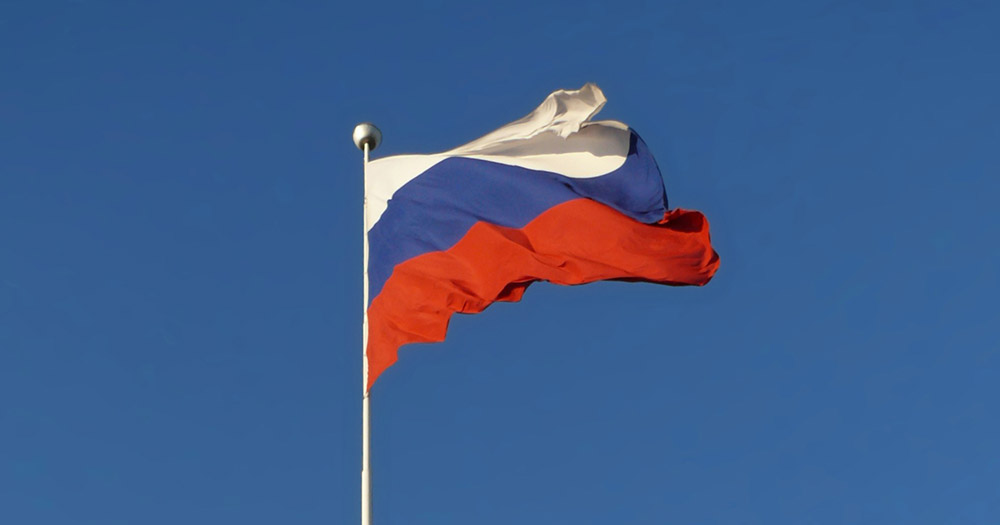The European Court of Human Rights (ECHR) ruled in a decision passed down on Tuesday, July 9, that Russia was in violation of Article 8 of the European Convention on Human Right when the nation’s government chose to terminate the foster care agreement between a trans man and his two foster children, using the man’s transition as the grounds for its termination.
Article 8 of the Convention “protects your right to respect for your private life, your family life, your home and your correspondence”. The court ruled that the Article prohibited Russia from lawfully terminating the foster care agreement on the basis of the applicant’s gender identity.
The applicant in question, one Yulia Savinovskikh, gained custody of his two foster care children between 2014 and 2016. By 2017, Russian authorities had contacted Savinovskikh to request that the foster children be willingly surrendered to the state.
Savinovskikh refused the authorities request, however, which resulted in the termination of the custody agreement between him and his foster children. They were subsequently removed from Savinovskikh’s home in 2017.
While Russia ceased being a High Contracting Party of the European Convention on Human Rights in September of 2022, Article 58 of the Convention allows for the ECHR to examine, try, and charge the State for any alleged Convention violations that occurred prior to Russia’s departure.
Tuesday’s ruling determined that Russia’s termination of the custody and care agreement between Savinovskikh and the State was primarily based on Savinovskikh’s identity as a trans man, as opposed to contrary evidence that might have deemed him unfit to care for the children.
The court similarly ruled that Russian officials did not take the necessary time to consider the best interests of all parties, including the two foster children who were in Savinovskikh’s care until 2017. As the court found Russia in violation of Article 8, it was ultimately deemed unnecessary to try the State for potentially violating Article 14 of the Convention as well, which protects European citizens from discrimination based on a list of protected characteristics, including sexuality and gender identity.
News of the ruling comes after years of anti-LGBTQ+ sentiment out of Russia, with the State being widely criticised for its anti-LGBTQ+ laws. A 2024 report from the International Lesbian, Gay, Bisexual, Trans and Intersex Association (ILGA), declared Russia as the lowest-ranking European nation when it comes to legislative developments for LGBTQ+ rights and freedoms. Russia’s protections for queer people have been stripped back even more since the State left the Convention in 2022, with the Russian Supreme Court calling the LGBTQ+ rights movement “extremist”.
The European Court on Human Rights ordered Russia to pay out €7,500 in damages, as well as an additional €5,000 directly to Savinovskikh. While ECHR judge Georgios Serghides pushed for Russia to compensate the two foster children also harmed by the violation, this view was ultimately cut from the court’s majority decision.
© 2024 GCN (Gay Community News). All rights reserved.
Support GCN
GCN is a free, vital resource for Ireland’s LGBTQ+ community since 1988.
GCN is a trading name of National LGBT Federation CLG, a registered charity - Charity Number: 20034580.
GCN relies on the generous support of the community and allies to sustain the crucial work that we do. Producing GCN is costly, and, in an industry which has been hugely impacted by rising costs, we need your support to help sustain and grow this vital resource.
Supporting GCN for as little as €1.99 per month will help us continue our work as Ireland’s free, independent LGBTQ+ media.
